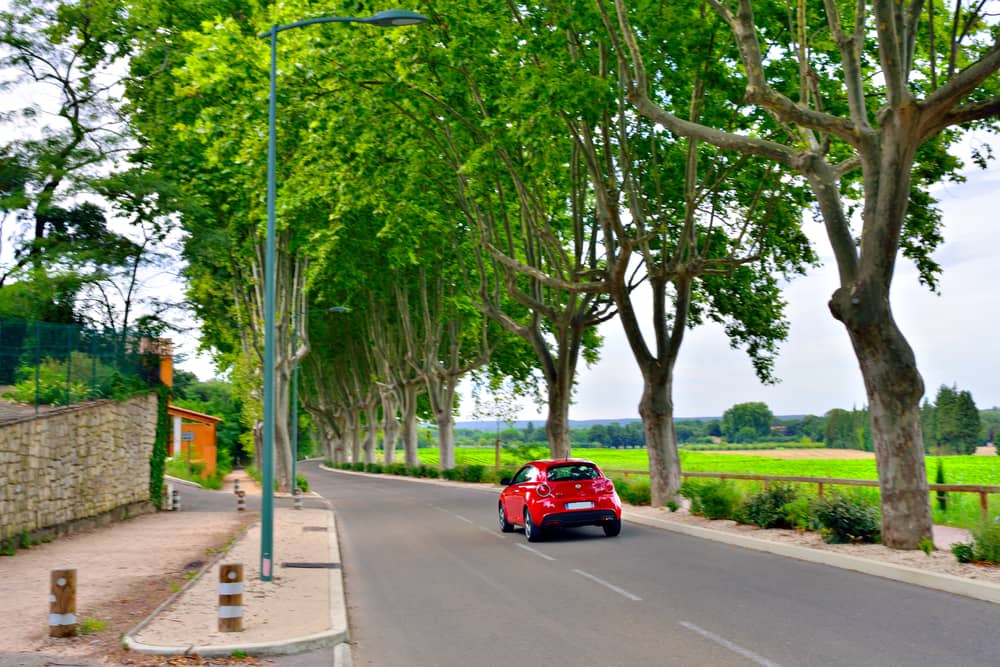
Planning on driving in Europe in the near future? Well, being on top of rules and regulations and in-country requirements is essential to avoid any unwanted attention from local authorities.
Driving in Europe
Notwithstanding the Brexit-shaped elephant in the room and the UK’s uncertain relationship with the European Union come the end of March 2019, there is a host of driving laws in Europe and requirements that you must adhere to when navigating the continent’s roads.
If the United Kingdom(UK) exits the European Union(EU) without a deal driving in Europe will require the issue of a Green Card. For more information on Green Cards please click here.
Everything you need to know
Starting with the obvious but aside from the UK, Ireland, Cyprus and Malta, all other European countries are left-hand driving.
Thankfully, a valid UK driving licence can be used freely across all of the European Union (EU) and the European Economic Area (EEA) and even if you are heading to non-EU and non-EEA Switzerland for some late winter skiing then the same applies - as long as the licence holder is aged 18 or above.
While a driving licence and up-to-date travel insurance are often the only demands when renting a car abroad, some rental companies may ask you for a DVLA code as well. This allows the renting company to check your details and to see if you have any points on your licence which could impact your rental arrangements.
If you are hopping on the ferry or over to France with your own vehicle then there are a few extra boxes you need to tick before setting off.
Alongside your licence and travel insurance, it is important you have valid vehicle registration and motor insurance certificates. And if you are venturing outside the EU and EEA it may be worth asking your insurer for a ‘green card’ - proof that your policy covers the jurisdiction you are entering.
We don’t want to put a damper on your European getaway but it is also a wise idea to check your breakdown cover as UK policies will seldom includes incidents overseas.
If a breakdown does occur on the road and you leave your vehicle, it is mandatory in many European countries (France, Italy and Portugal for example) to keep a reflective jacket in your vehicle at all times. To be sure, it is best to keep a few of these in the boot of your car so all passengers are covered as well.
Similarly, a warning triangle and depending on your location, snow chains or winter tyres, may be required for your visit. You can easily check the AA website for country specific details before departure.
If you are driving your own car in Europe then another important consideration is to invest in a pair of headlight convertors. As left-hand driving vehicles are not designed for right-hand roads and this can cause headlights to dazzle oncoming traffic in Europe.
So even if you are not planning to drive at night while abroad, investing in a pair of headlight convertors is key as you may be forced into using your headlights if poor visibility and bad weather arrives.
What is often essential when driving on European roads is a ‘GB’ sticker - a failure to properly display the sticker may result in a fine in-country.
Several countries across the continent are increasing efforts to tackle vehicle pollution and some - France and Germany are examples with such schemes - will require some vehicles to also display an emissions sticker when driving in certain parts of the country.
Low emission zones and congestion charge areas are also prominent in many cities - Paris, Lyon, Marseille all of have policies in place - and so if you are nearing a low emission zone make sure you are clear on what is allowed to avoid any unwanted attention!
If you are traversing motorways in France, Italy, Spain and elsewhere then there is a high possibility you will encounter a toll road. Many toll systems do offer other forms of payment these days but some will not and so having a good supply of loose coins in the car is crucial!
On the money front, many petrol stations and stores in Europe may not accept certain UK credit cards for payment and so to prevent finding yourself stranded in Strasbourg it is a good idea to check with your card company before departing!
This is just a quick run-down of things to consider and policies to have in place before heading to Europe. To be certain about what is required for your own trip make sure you check the AA and additional country specific laws prior to setting off.